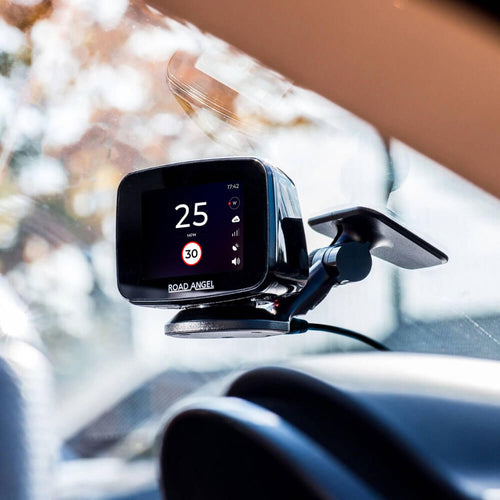Understanding the consequences of speeding in the UK is crucial for all drivers. From hefty fines to penalty points, the repercussions can impact your finances and driving privileges. This guide explains everything you need to know about speeding fines and penalties in the UK, including how they’re calculated, enforced, and how to avoid them.
Speeding tickets are no longer just a small inconvenience—they’re becoming a significant financial burden for UK motorists. A single speeding fine, which averages £100, might seem manageable at first glance. However, the hidden costs associated with these penalties can snowball rapidly.
One major consequence is the impact on your car insurance premiums. Research shows that drivers with a speeding conviction can see their premiums increase by up to 30%. For an average motorist, this could translate to an additional £300–£500 annually for up to five years. Add this to the £100 fine and potential court costs, and the true cost of speeding becomes clear.
In 2023, UK councils reported record revenues of £250 million generated from speed camera fines, a 15% increase from the previous year. Critics argue that many of these cameras are strategically placed in high-traffic areas rather than accident hotspots, raising questions about their primary purpose. Is it road safety, or revenue generation?
A recent report revealed that over 1,500 new speed cameras will be installed by the end of 2024, targeting both urban and rural areas. Authorities defend these measures as vital for reducing fatalities, but many drivers feel unfairly targeted, especially when caught just a few miles per hour over the limit.
Understanding UK Speed Limits
Speed limits vary by road type:
-
20–30 mph: Residential areas and near schools.
-
60 mph: Single-carriageway roads.
-
70 mph: Dual carriageways and motorways.
Exceeding these limits, even slightly, can result in penalties. Cameras, police checks, and automated systems monitor compliance nationwide.
How Are Speeding Penalties Determined?
Penalties depend on how much you exceed the limit and where the offense occurs. Since 2022, fines follow three bands based on weekly income and severity:
-
Band A: 1–10 mph over (25–75% of weekly income + 3 points).
-
Band B: 11–20 mph over (75–125% of weekly income + 4–6 points or 7–28-day ban).
-
Band C: 21+ mph over (125–175% of weekly income + 6 points or 7–56-day ban).
Serious cases (e.g., excessive speed or repeat offenses) may lead to a court summons, where fines can reach £1,000 (£2,500 on motorways).
Types of Speeding Penalties
-
Fines:
-
Fixed Penalty Notice: £100 fine + 3 points.
-
Court-Imposed Fines: Up to £2,500.
-
-
Penalty Points:
-
Accumulating 12+ points within three years risks disqualification.
-
-
Driving Disqualification:
-
For severe offenses or repeat violations.
-
-
Speed Awareness Course:
-
A 4-hour course (cost: £80–£100) to avoid points, offered for minor first-time offenses.
-
What to Do If You Receive a Speeding Fine
-
Check the Notice: Ensure the Notice of Intended Prosecution (NIP) arrives within 14 days.
-
Respond Promptly: Confirm the driver’s identity within 28 days.
-
Choose Your Option:
-
Pay the Fine: Accept points or a speed awareness course.
-
Contest in Court: If evidence is flawed, seek legal advice.
-
Consequences of Ignoring a Speeding Fine
Ignoring a fine leads to stricter penalties:
-
Increased fines.
-
Court summons.
-
Potential bailiff involvement.
-
A possible CCJ affecting credit scores.
Conclusion
Speeding in the UK carries serious financial and legal consequences. By understanding speed limits, penalty structures, and proactive measures like speed awareness courses, drivers can protect their licences and wallets. Always adhere to limits and stay informed to navigate roads safely and legally.
For official updates, visit the GOV.UK website. Stay alert, drive responsibly, and avoid becoming another speeding statistic.
Understanding your rights and staying informed about camera placements can help you avoid falling into these traps. Devices like Road Angel’s dash cams and speed awareness tools provide real-time alerts, helping you drive safely and within the law.





